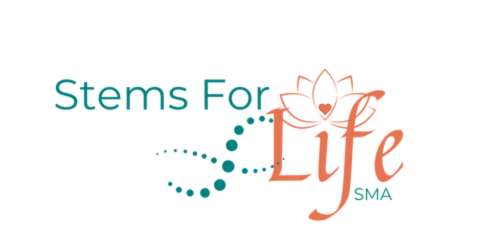Neurological
Promising outcomes suggest specialized stem cell protocols are supporting neural regeneration, improving cognitive function, and enhancing neuroplasticity in patients with neurological conditions.
Here are the 10 most commonly treated neurological conditions:
-
A progressive disorder causing tremors, rigidity, and slowed movement due to the loss of dopamine-producing brain cells.
-
An autoimmune disease where the immune system attacks the protective covering of nerves, disrupting communication between the brain and body.
-
Loss of brain function due to interrupted blood flow, often leaving weakness, paralysis, or speech problems; stem cells may support neural repair.
-
A progressive neurodegenerative disease that destroys motor neurons, leading to muscle weakness and eventually paralysis.
-
Brain damage from external force, with symptoms ranging from cognitive and emotional changes to motor impairment
-
Nerve damage in the extremities, causing pain, numbness, or weakness, often from diabetes or chemotherapy.
-
Damage to the spinal cord leading to partial or complete loss of movement and sensation below the injury site.
-
A neurodegenerative condition causing memory loss, confusion, and cognitive decline from progressive brain cell damage.
-
A group of movement disorders caused by damage to the developing brain before or during birth, leading to lifelong motor challenges.
-
A neurodevelopmental condition affecting social interaction, communication, and behavior patterns; stem cells are being explored for their immune-modulating and neuroprotective effects.



